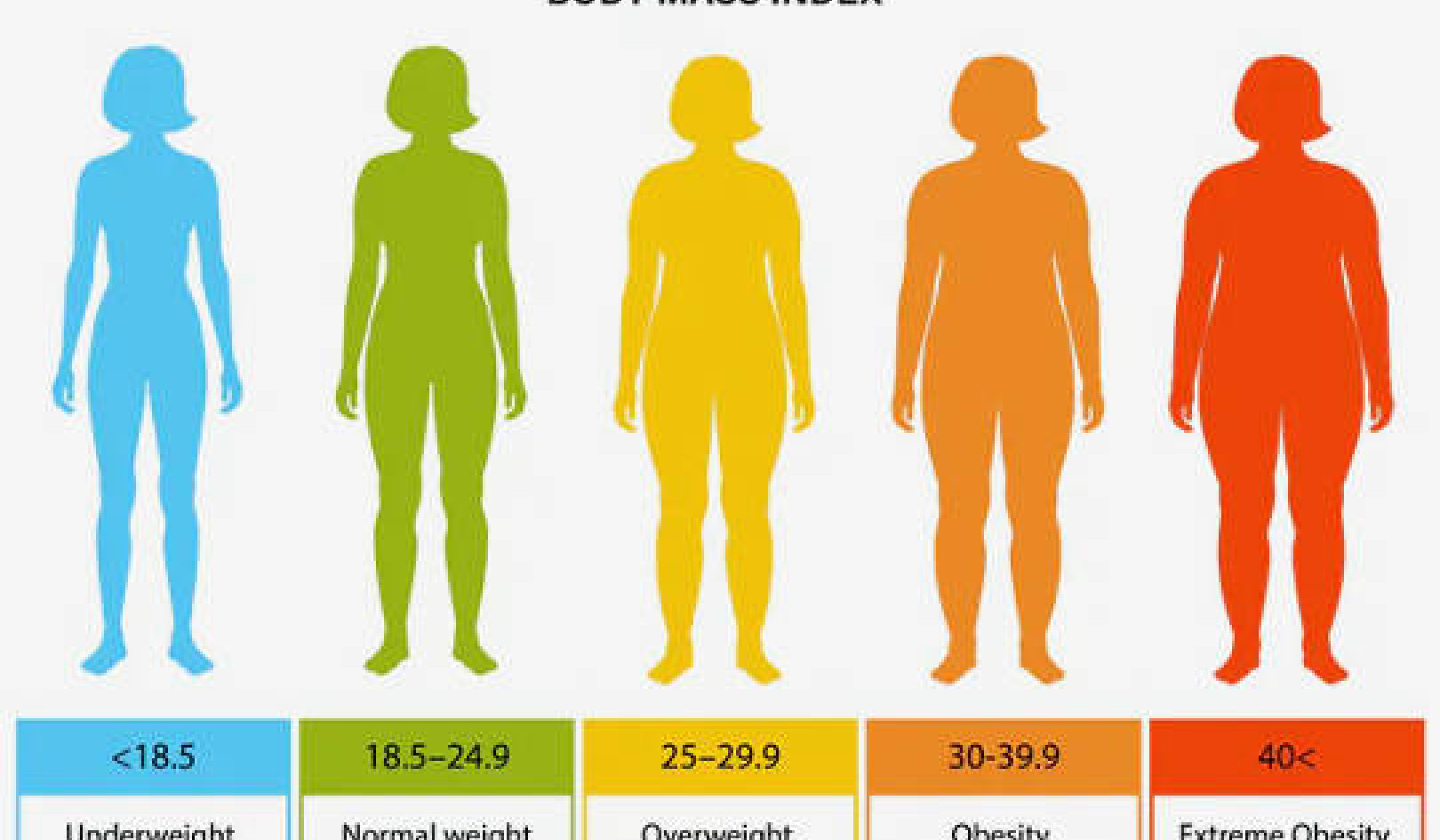
Regular use of glucosamine supplements may be linked to a lower risk of cardiovascular disease events, according to a new study.
The findings suggest that glucosamine could help prevent coronary heart disease and stroke, but further clinical trials will have to test the theory, says lead author Lu Qi, director of the Tulane University Obesity Research Center.
“Our study for the first time provides evidence from a large prospective cohort to show that habitual glucosamine use is related to a lower risk of cardiovascular disease,” says Qi, a chair and professor at the School of Public Health and Tropical Medicine. “Considering the observational nature of the analysis, we would desire additional investigations to further validate the findings and to explore the mechanisms.”
Glucosamine is a popular dietary supplement for the relief of osteoarthritis and joint pain. While scientists continue to debate its effectiveness on joint pain, emerging evidence suggests that glucosamine may have a role in preventing cardiovascular disease and reducing mortality.
To explore these potential associations further, the researchers drew on data from the UK Biobank—a large population-based study of more than half a million British men and women. Their analysis included 466,039 participants without cardiovascular disease, who completed a questionnaire on supplement use, including glucosamine.
The researchers used death certificates and hospital records to monitor cardiovascular disease (CVD) events, including CVD death, coronary heart disease (CHD), and stroke over an average seven-year follow-up period.
Overall, almost one in five (19.3 percent) participants reported glucosamine use at the start of the study.
The researchers found that glucosamine use was associated with a 15 percent lower risk of total CVD events, and a 9 percent to 22 percent lower risk of CHD, stroke, and CVD death compared with no use. These favorable associations remained after taking account of traditional risk factors, including age, sex, weight (BMI), ethnicity, lifestyle, diet, medication, and other supplement use.
The association between glucosamine use and CHD was also stronger in current smokers (37 percent lower risk) compared with never (12 percent) and former smokers (18 percent).
Several mechanisms may explain these results. For example, regular use of glucosamine has been linked to a reduction in levels of C-reactive protein, a chemical associated with inflammation. This may also help to explain the stronger association among smokers, who have higher levels of inflammation and higher risk of CVD than non-smokers.
In addition, previous data suggest that glucosamine may mimic a low carbohydrate diet, which has been inversely associated with the development of CVD.
Despite the large sample size, this is an observational study, and as such, can’t establish cause, and the researchers point to some limitations, such as lack of information on dose, duration, and side effects of glucosamine use.
The research appears in the BMJ.
Source: Tulane University
Related Books
at InnerSelf Market and Amazon






























